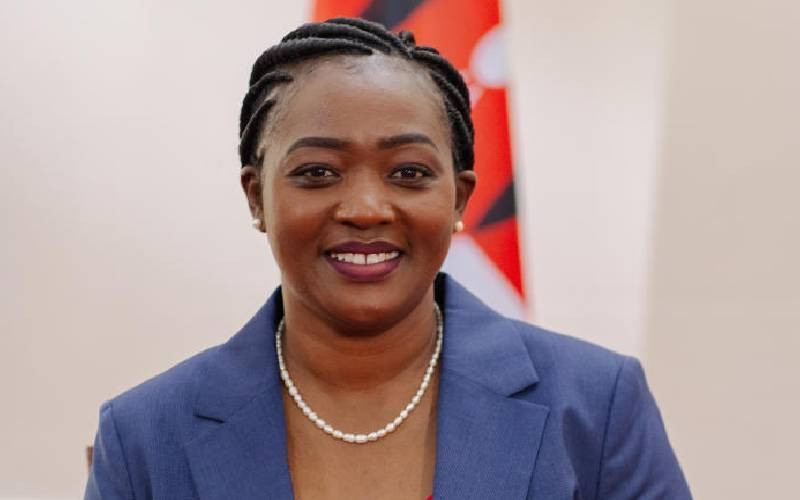×
The Standard e-Paper
Kenya’s Boldest Voice

Cabinet Secretary for Environment and Forestry Soipan Tuya has revoked licenses and permits that allowed a private company to uproot baobab trees for export.
Tuya rescinded the decision by the Kenya Forest Service (KFS) and National Environment Management Agency (Nema) to facilitate uprooting of eight baobab trees by Ariba SeaWeed International in Mtondia and Tezo in Kilifi County for export to Georgia in the US for botanical purposes.







